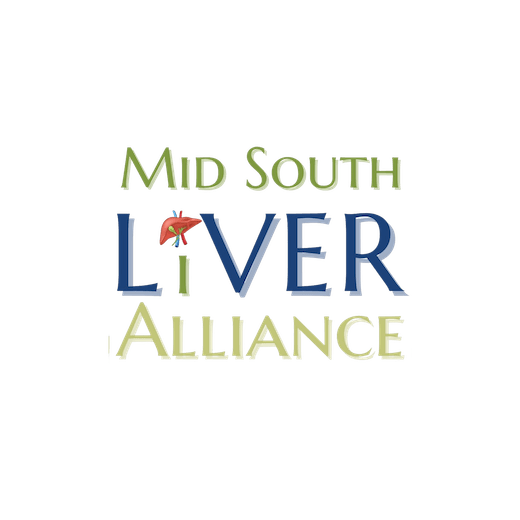Primary Sclerosis Cholangitis (PSC)
Primary Sclerosis Cholangitis (PSC) is a bile duct disease. The bile ducts are the tubes that carry bile throughout the liver and then to the small intestines. Bile is the liquid that the body needs to break down food and medications allowing the body to metabolize vitamins and nutrients and filter out the toxins and other substances that the body does not need. When the tubes become damaged, the liver is unable to work efficiently.
PSC is a bile duct disease that occurs mostly in men, many of whom also have ulcerative colitis or Crohn’s Disease. While for most people it develops slowly, the symptoms can also become suddenly rapid, making it important to recognize the early symptoms and to seek care as those symptoms appear.
Often, patients have a history of Inflammatory Bowel Disease (IBD), placing them at an increased risk for colon cancer.
Early symptoms include jaundice (yellowing of the skin and eyes), itchy skin, fatigue and abdominal pain. Other symptoms that present as the disease progresses include night sweats, fever and chills, weight loss and an enlarged spleen and liver.
The complications that can arise from PSC include liver failure or cancer, bile duct cancer, colon cancer, infections in the bile duct and high blood pressure in the portal vein. The portal vein is the main delivery system that takes blood through the digestive system.
Patients with PSC will usually become candidates for liver transplant. However, even with a transplant, the disease may recur.

While both sexes can develop PSC, it is most often seen in men between the ages of 30-40 who are of northern European decent.
